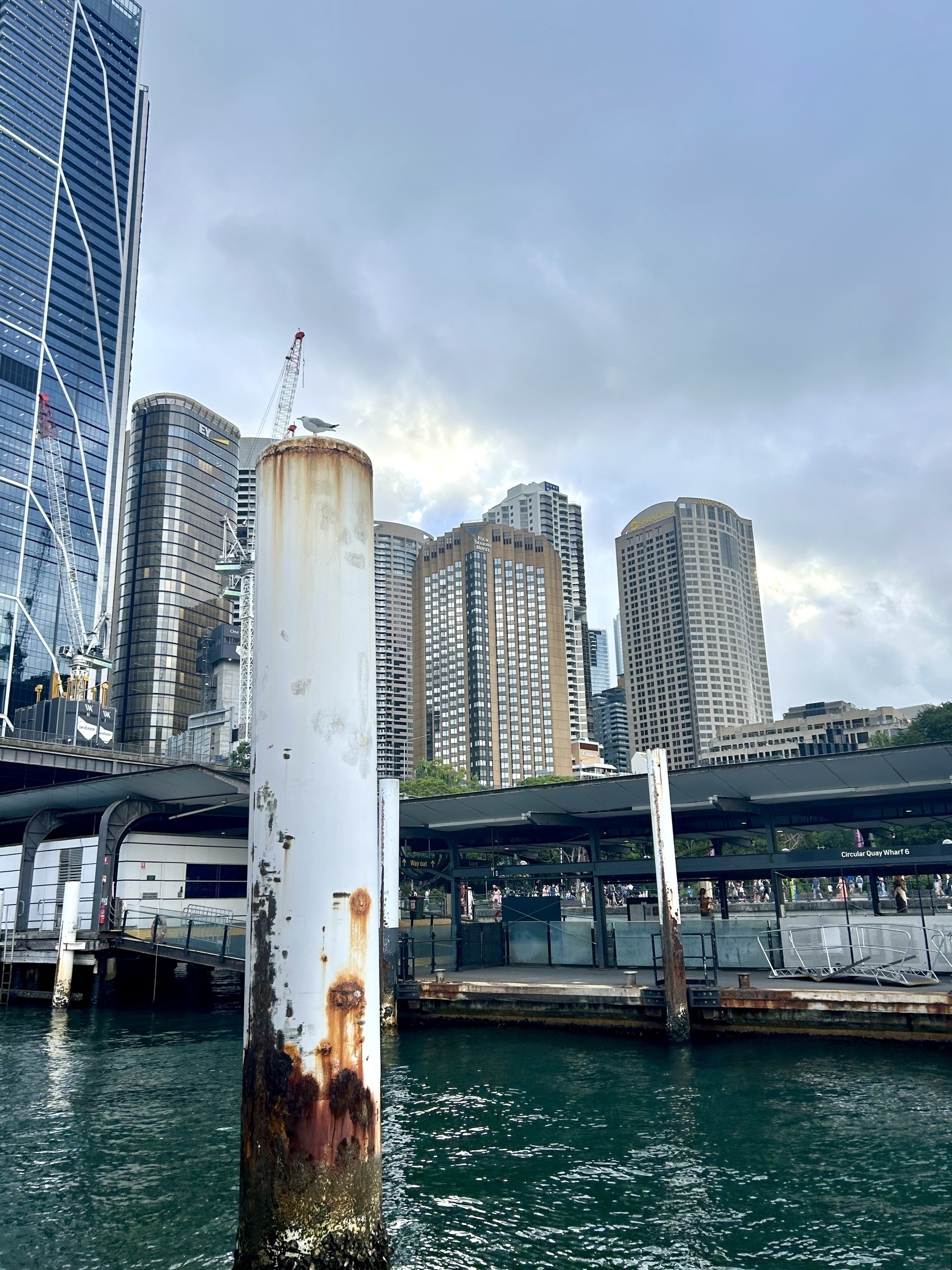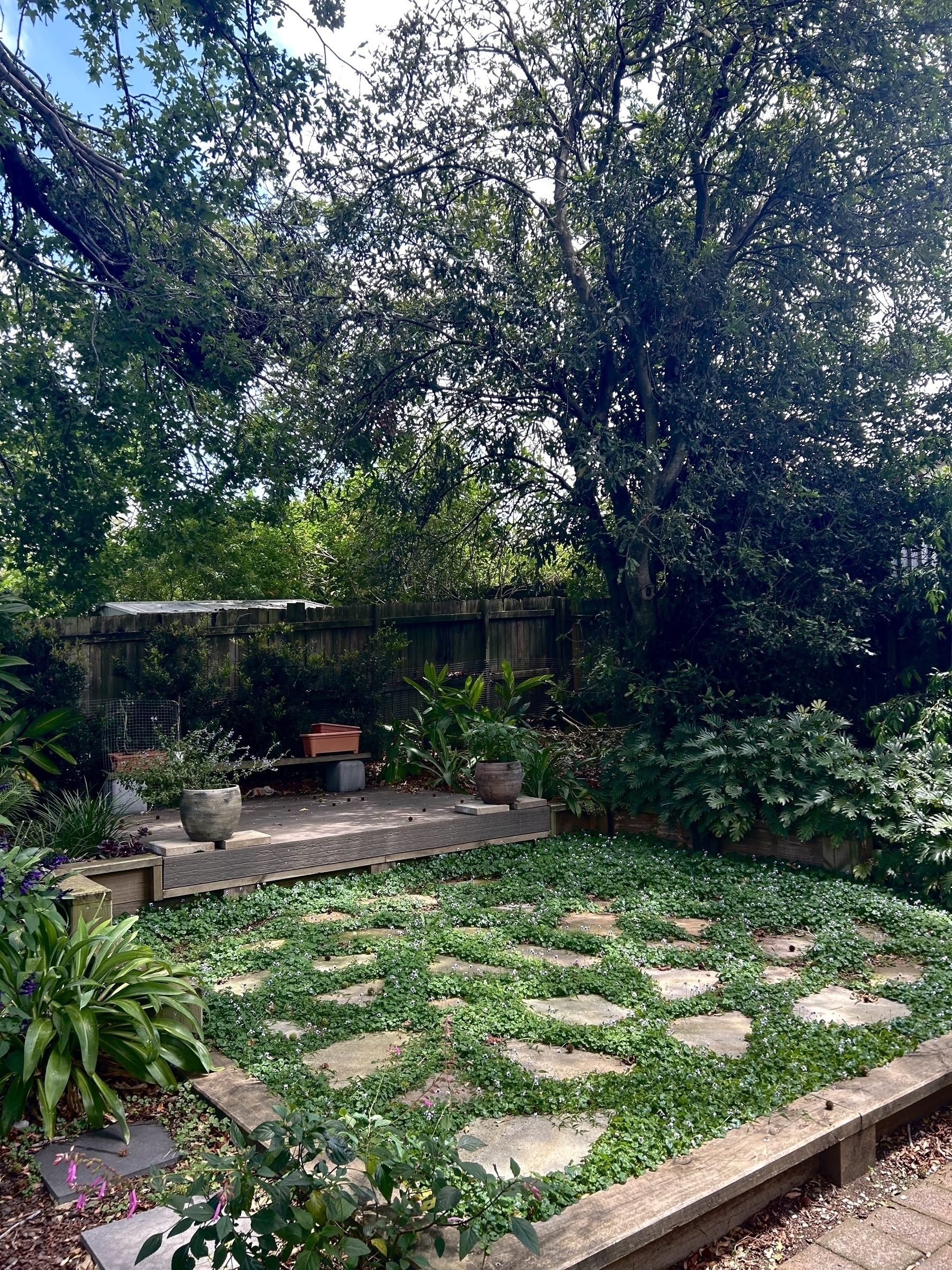Bill Clinton vs Organised Labour
An interesting account of Bill Clinton’s betrayal of U.S. labour, and how that’s shaped many of the issues the U.S. is still contending with.
In his first administration, a much-touted healthcare reform bill led by Hillary Clinton failed badly. By 1994 it was dead on arrival. As Secretary of Labor Robert Reich finally conceded, ‘The quest for universal healthcare had a rich history, but “managed competition” was something brand new. It was designed to placate all the powerful interest groups…this scheme had few defenders who were both knowledgeable and committed.’ It was a profound failure among those who had long wanted an extension of Medicare, passed in the 1960s by Lyndon B. Johnson in his Great Society program.
What did get passed was the North American Free Trade Agreement (NAFTA). Though it was not the most economically consequential, the authors argue that ‘it remains the most politically and ideologically toxic’ issue pushed by Clinton, an ‘apolitical blunder of the first order’ that opened up the opportunity to the Republicans during the 1994 mid-term elections and alienated large segments of the working class who, as Lichtenstein underscores, eventually became a serious proportion of today’s Trump supporters.
How platforms killed Pitchfork 🔗💿🪦
Ultimately, though, it wasn’t any decline in editorial quality that led me to read Pitchfork less frequently. It’s that the site had been caught up in a series of technological shifts that weakened its business and created an existential crisis for music critics.
It’s amazing how bad I am at this:
The monthly AI or real quiz: January 2024 - BBC, via Kristina
UK shows what not to do to tackle health inequalities
Michael Marmot on what the UK is getting wrong:
If you needed a case study example of what not to do to reduce health inequalities, the UK provides it. The only other developed country doing worse is the US, where life expectancy is falling. Our country has become poor and unhealthy, where a few rich, healthy people live. People care about their health, but it is deteriorating, with their lives shortening, through no fault of their own. Political leaders can choose to prioritise everyone’s health, or not. Currently they are not…
What must happen at the same time, though, is leadership from central government, making reducing health inequalities a central plank of the next government. That means implementing fairer social and economic policies, with health at the heart.
Hard to imagine a Keir Starmer government doing that, but let’s hope.
The enshittification of the future: "Instead of sci-fi futures, what we get is the return of 19th-century industrial relations and the dissolution of post-war social contracts"
AI is intensifying existing necropolitics, the term used by Cameroonian political theorist Achille Mbembe to refer to the use of social and political power to dictate how some people may live and how some must die, and we urgently need to resist that.
Excellent piece by Dan McQuillan from mid-2023 on how the proven harms of AI are forever being traded off against promises of future usefulness.
"We cannot understand the last fifty years of history in the United States—certainly not the first thing about Black history—without studying the emergence and evolution of rap"
An excellent essay by Dr Austin McCoy on the changing nature of hip hop, and its ongoing cultural and political relevance:
I will never forget one of my professors in the African American studies master’s program at Ohio State telling us, “We aren’t going to hip-hop our way to liberation.” True enough—yet as I later learned from African American history professors like Zachery Williams, it’s not useful to think of history as separate from culture, nor can one understand culture’s power without the history from which it springs.
"The McKinseys and the Deloittes have no expertise in the areas that they’re advising in." It seems increasingly clear that consultants are the problem rather than the solution...
Consultants’ work is often opaque, and feeds into broader processes. French parliamentarians criticised McKinsey for its role in the country’s sluggish vaccine rollout. But how do we know that things wouldn’t have been even worse without the firm? “These are private companies, the McKinseys and the Deloittes, that have no expertise in the areas that they’re advising in.”
Climate migration will leave the elderly behind
Climate-driven migration promises a generational realignment of U.S. states, as coastal parts of Florida and Georgia grow older and receiving states such as Texas and Tennessee see an influx of young people. It could also create a vicious cycle of decline in coastal communities, as investors and laborers relocate from vulnerable coasts to inland areas — and in doing so incentivize more and more working-age adults to follow in their footsteps.
Starting 2,000 year ago, an indigenous "garden urbanist" culture developed in Ecuador with more than 6,000 gardening platforms and 15 urban centres linked by roads
From Scientific American:
Archaeologists recently rediscovered the long-hidden traces of an ancient Indigenous society in western Ecuador’s Upano Valley: more than 6,000 earthen platforms that once supported houses and communal buildings in 15 urban centers, set amid vast tracts of carefully drained farmland and linked by a network of roads
Link to peer reviewed publication
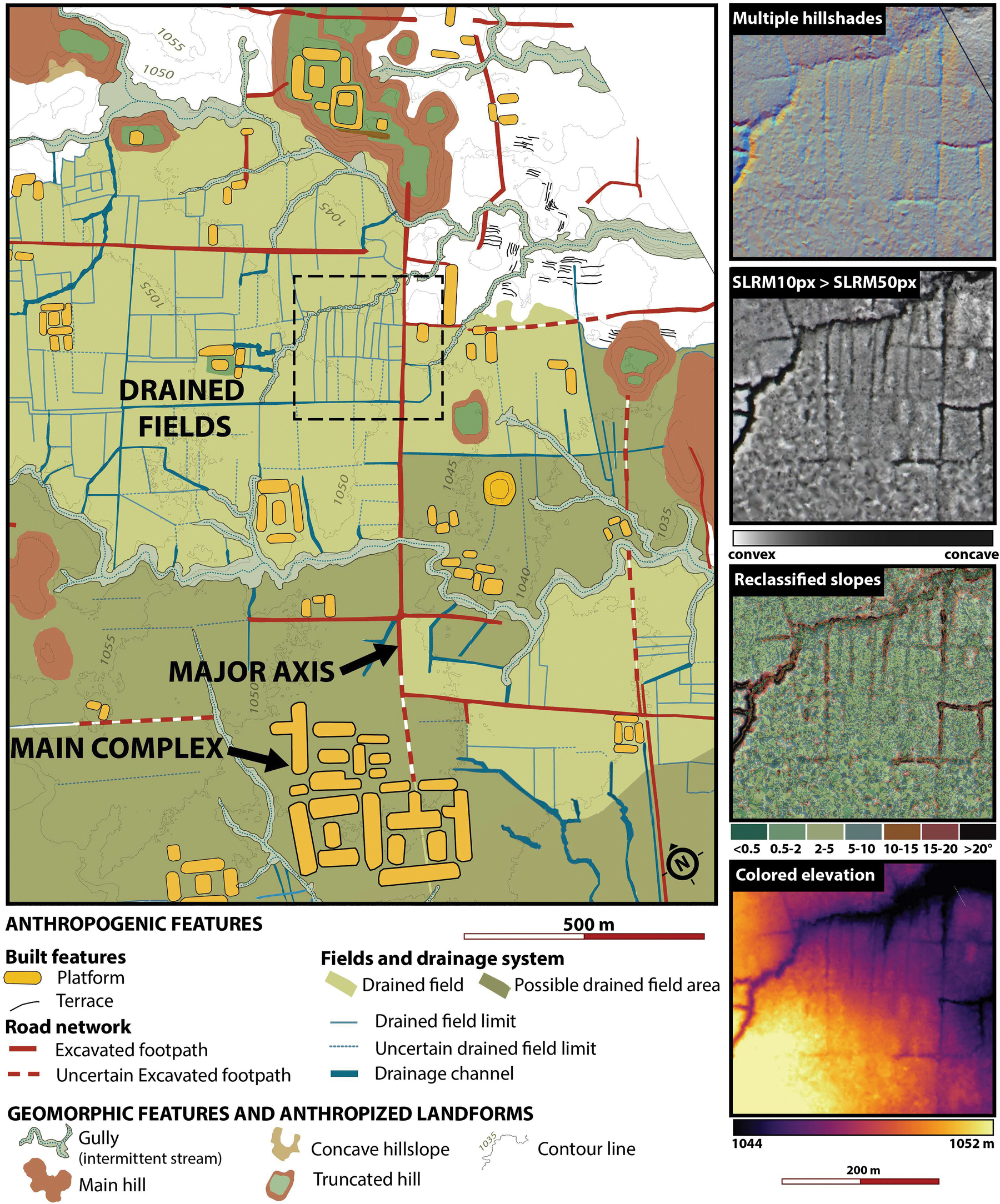
Men, please stop harassing women at work (even if it's a bot)
Hot on the heels of the revelation that people are using LinkedIn for dating, it seems that just sounding vaguely female is enough to get you harassed:
…I have an email “Personal Assistant” bot that does this for me. It has a female name (which was the default), and does not announce that it is a bot (though I don’t think it’s hard to tell). It gives a standard salutation and signs off with “Thank you, (bot name).” All it does is schedule meetings, and it’s not nearly to the level of an AI chat bot or anything. Any parts of an email that it receives that don’t seem related to scheduling just get ignored by the program. The emails show up in my inbox and I review them to make sure everything got added to my calendar correctly.
However, this complete lack of personal-type interaction has not stopped several of the men (not usually the actual owners of the client businesses) it is scheduling appointments with from asking it out on dates.
Men are hitting on my scheduling bot because it has a woman’s name - Ask A Manager
How is any of this okay in 2024?
Do you experience tinnitus?
I read this study about a soundscape and CBT app that sounds promising
Your mileage may vary but it seems worth sharing.
We can't afford our car fixation
Interesting article to see from an Australian business reporter:
Not only does it cost Australians more to feed fuel-thirsty cars such as SUVs and utes, but it comes at a notable cost to the environment, drivers of smaller cars and pedestrians. Both pedestrians and those driving smaller cars are more likely to suffer serious and fatal injuries when they’re involved in a collision with a heavier vehicle.
And an important point to note about the politics underpinning car-fixated policy:
But several things to note here. Firstly, the majority of new car buyers are Baby Boomers who are more likely to have paid off their mortgage and are generally less sensitive to – if not benefiting from – rising interest rates. They may be less sensitive to price increases.
The costly car choice we need to rethink - Sydney Morning Herald
Significant challenges facing Bhutan in the run-up to the national election, only the fourth since it became a democracy in 2008
The picturesque Himalayan kingdom of Bhutan holds general elections on Tuesday with serious economic challenges calling into question its longstanding policy of prioritising “Gross National Happiness” over growth.
Both parties contesting the vote are committed to a constitutionally enshrined philosophy of a government that measures its success by the “happiness and well-being of the people”.
Bhutan to vote as economic strife hits ‘national happiness’ - RTL
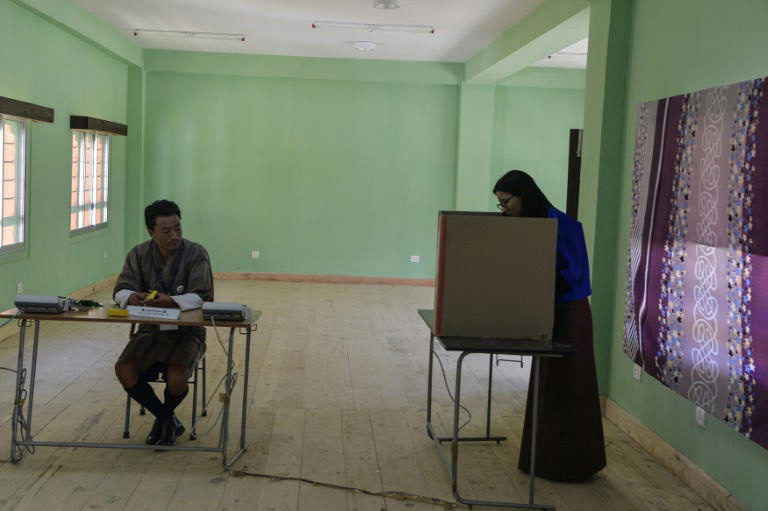
"The cranky uncle is a universal human experience"
I’ve been fortunate to meet John Cook to discuss this work in the past. The crackpot relative is a great framing device, and interesting that it’s so universal:
“Everyone has a variation of that cranky uncle,” Cook says. “But climate misinformation is a very western construct and now we are going into countries that are culturally quite different.
“But we’re finding that the cranky uncle is a universal human experience.”
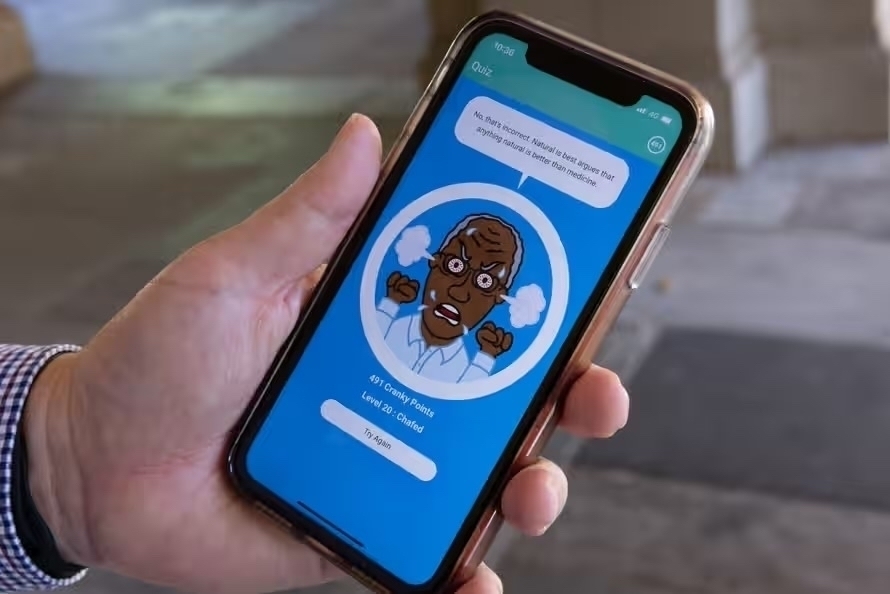
“If you look over the past couple of years, we’ve seen this continuing evolution of escalating extortion tactics,” Rubin said. “If you go back in time, it was just encryption.”
After injecting cancer hospital with ransomware, crims threaten to swat patients - The Register via @glynmoody@mastodon.social

